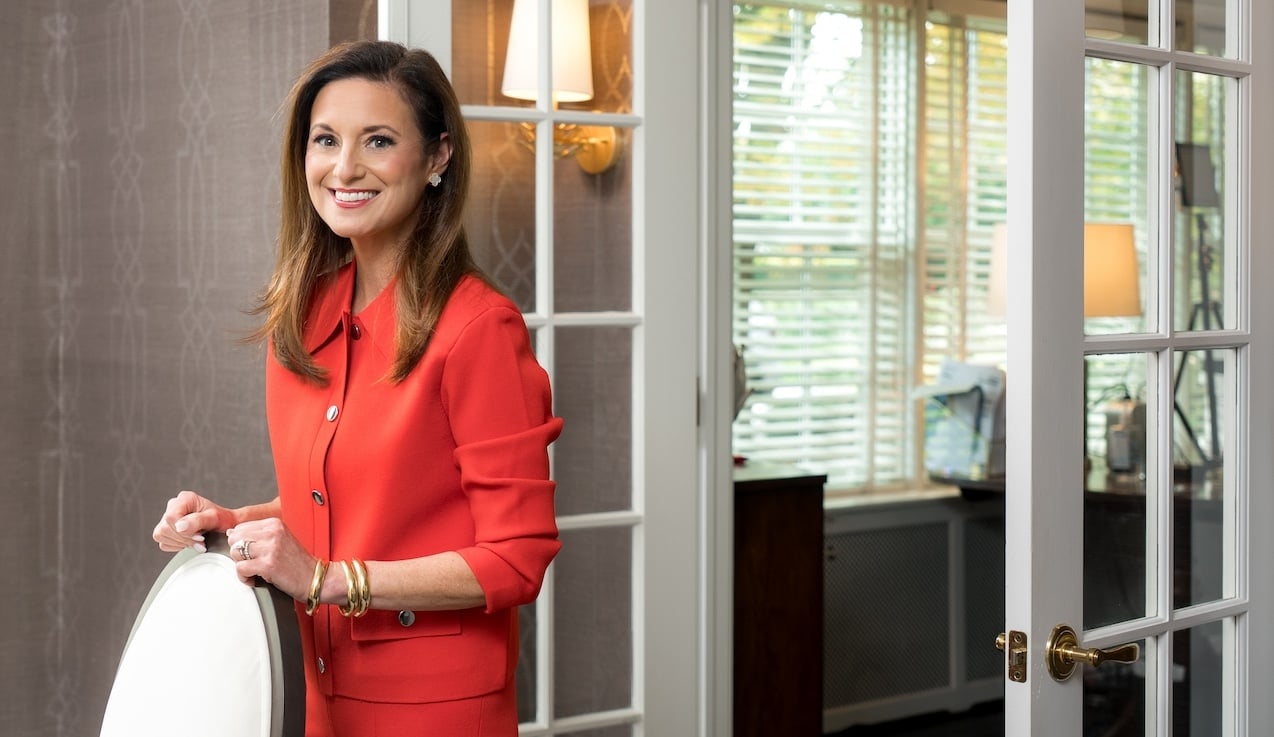Last night, Jennifer Breheny Wallace and I did a webinar on achievement pressure and the college admissions process.
Jennie wrote the book, Never Enough, the New York Times bestseller about how this new generation of teenagers is starkly different than how we grew up. Students attending highly competitive high schools, in particular, are considered an "at-risk" population due to the stress they feel, the expectations placed on them, and an almost singular focus on attending highly desirable colleges.
Our webinar was a powerful discussion between two moms of three kids each. Our oldest children are both high school seniors who are going through the college admissions process. We have a lot in common.
Take, for example, the concept of student course loads. Colleges only expect students to take five core academic classes a year—English, math, history, science, and a modern/ancient language. That gives students room to take a study hall, lunch, and any electives that interest them.
READ MORE: 10 Truths for Every Parent About the College Admissions Process
We can apply this concept of setting limits to literally everything in the college admissions process, from how many activities can be listed on the application to the number of colleges students apply to. When that happens, our children can reclaim their childhood and be able to live healthier, more balanced lives.
We exchanged ideas, advice, and practical solutions for students, parents, high schools, and colleges. The biggest message I mentioned last night is the idea of setting limits—all of us.
Take, for example, the concept of student course loads. Colleges only expect students to take five core academic classes a year—English, math, history, science, and a modern/ancient language. That gives students room to take a study hall, lunch, and any electives that interest them.
Yet many high-achieving students refuse to take a study hall because they worry about what the colleges will think. Interestingly, colleges don't know if a student is taking a study hall since it's a non-credit class. And even if they did, they wouldn't care as long as the core academic classes were taken. The more concerning trend is the growing number of students not taking a lunch period in order to take another academic class.
I recently met a student who took nine core academic classes during their junior year—one AP class and eight International Baccalaureate classes, which are considered to be the most rigorous classes a high school can offer. The student explained that it was the only way to maintain their standing in the class because all of the other high-achieving students were taking just as many core academic classes as well. The student's grades, mental health, extracurricular involvement, and friendships suffered as a result. Setting limits on the number of core classes students take a year can save our kids from so much pressure.
But high schools need to be on board with this. High schools that continue to use a weighted class rank, weighted decile rankings, or weighted GPA ranges fuel this unhealthy culture to take more and more advanced classes. However, they can implement policies that limit the number of core academic classes students can take per year, including the number of advanced classes. For example, some high schools will only permit students to take AP classes starting in junior year or may put a cap on the number of AP classes taken per year. As long as the high school has listed this policy clearly on the transcripts and school profile, colleges will not expect anything more.
And speaking of colleges, they can send such a powerful message if they take a stand together indicating that they only expect five core academic classes a year. With growing applicant pools and increased selectivity at many colleges, students who go above and beyond requirements can easily look more competitive on the surface. Yet colleges hold the ultimate power of putting a stop to these harmful expectations by taking a stand and not considering more than five core academic classes for the admissions process. That type of collective statement across all colleges would reduce the "never enough" feeling our children experience.
READ MORE: 10 Truths for Every Parent About the College Admissions Process
We can apply this concept of setting limits to literally everything in the college admissions process, from how many activities can be listed on the application to the number of colleges students apply to. When that happens, our children can reclaim their childhood and be able to live healthier, more balanced lives.
With my own daughter applying this year, I am keenly aware of how this process has gotten out of control. But I also know that we can change it. I am looking forward to being a voice for change to make the college admissions process more manageable. The solutions lie within all of us.








.jpg)



